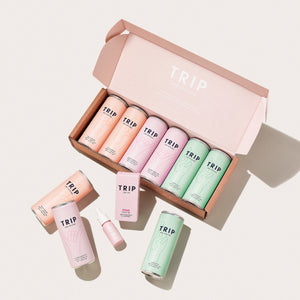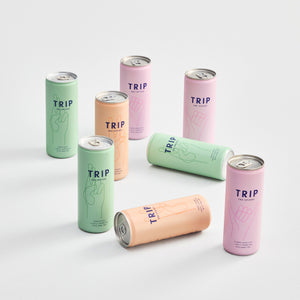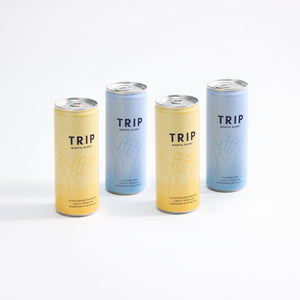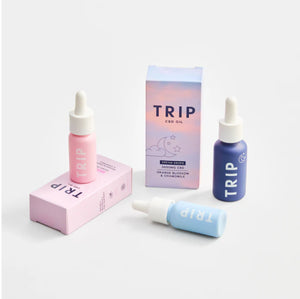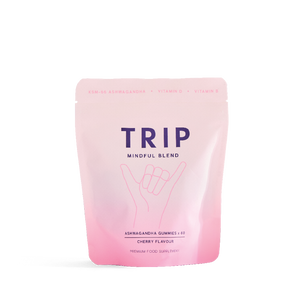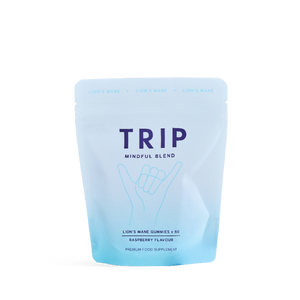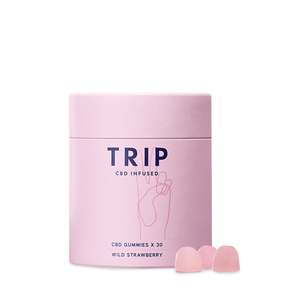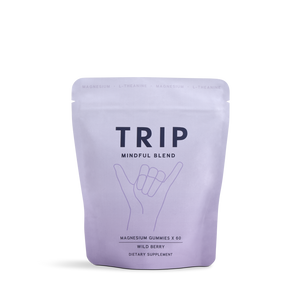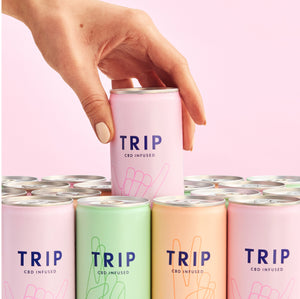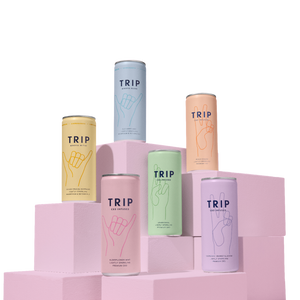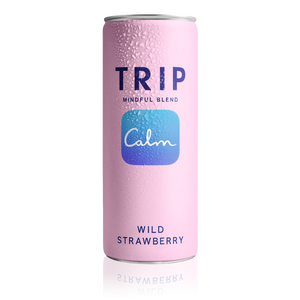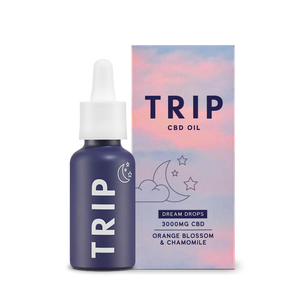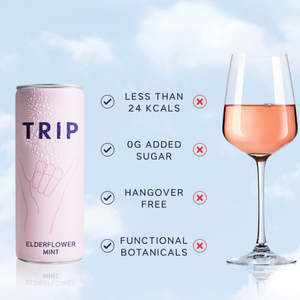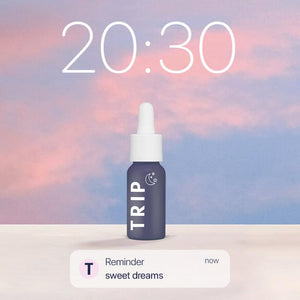What is CBD oil?
Cannabidiol (CBD) is another compound found in the hemp plant. The oil is created through an extraction process and then formulated into sprays, drops and capsules. CBD is a sister chemical to THC, but the key difference is that it does not give you a psychoactive high. Therefore, it is perfectly legal to buy and consume.
CBD oil vs. hemp oil: What is the difference between CBD and hemp oil?
The main difference between CBD oil and hemp oil is that hemp oil contains little or no CBD. CBD oil is extracted from the flowers, leaves and stalk of the hemp plant, which contains a high concentration of CBD, whilst hemp seed oil is made by cold-pressing hemp seeds into an omega-rich culinary oil. These do not contain CBD, but they still have an abundant selection of nutrients, fatty acids, and beneficial bioactive compounds, although has not been shown to have any benefits in relation to stress or anxiety, which is the main reason people choose CBD oil. Neither the oil from CBD or hemp seeds carry psychoactive properties often related to cannabis plants.
Where does CBD and hemp oil come from?
As touched upon, hemp seed oil and CBD both come from the hemp plant. This is grown on farms around the world, including the UK, but for legal reasons, the extraction of such oils must be done out of the country and then exported back (we know, it’s silly). Other than for its oil, hemp is primarily used to produce paper goods and rope among other items due to its strong, light and durable fibres.
How is hemp seed oil made?
Hemp oil is made by cold-pressing the seeds into an omega-rich culinary oil and the reason this method is preferred over others is because it retains more of the seed's components, like its rich content of fatty acids. In addition, this way of extraction creates lower phosphorous levels, which often results in a grassy flavour many people find unpleasant.
How is CBD oil made?
CBD oil is made by extracting cannabinodiol from the leaves, flowers and stalks of a hemp plant. Once CBD is removed and in its purest form, it is combined with a carrier oil — sometimes hemp seed oil is actually used due to its high fat content, which makes it easier for the body to absorb when consumed. This means that the sublingual (under the tongue) route can be used for taking CBD oil. Studies estimate that this method has a bioavailability (absorption) level at 35%.
CBD can also be ingested with food, but bioavailability for this route is 6%, as most of it will be lost during metabolisation. Therefore, for maximum absorption, it is recommended that you use CBD oil sublingually. The compound can also be applied topically via moisturisers, face creams, and lip balms, with the CBD absorbed through the outer layer of skin.
How does CBD oil work?
When absorbed sublingually or through ingestion, CBD interacts with our endocannabinoid system (ECS). The ECS is a complex cell-signaling system that plays a role in regulating a range of functions, and processes sleep, mood and pain. Endocannabinoids are chemicals produced by the body that bind to CB1 and CB2 receptors, before influencing sensations by sending signals to the ECS. It’s thought that CBD interacts with the ECS by preventing endocannabinoids from being broken down, allowing them to have more of an effect on your body.
Offering many potential benefits as well as ease of application, the use of hemp and CBD oil is becoming a solid part of many people’s daily healthcare routines. While researchers are still researching exactly how the chemicals work in the body, the positive influence it can have on our mood, sleep and ability to manage pain is clean-cut. But there’s only one real way to discover whether it works for you — try it for yourself. Go with the slow, whatever pace works for you!



